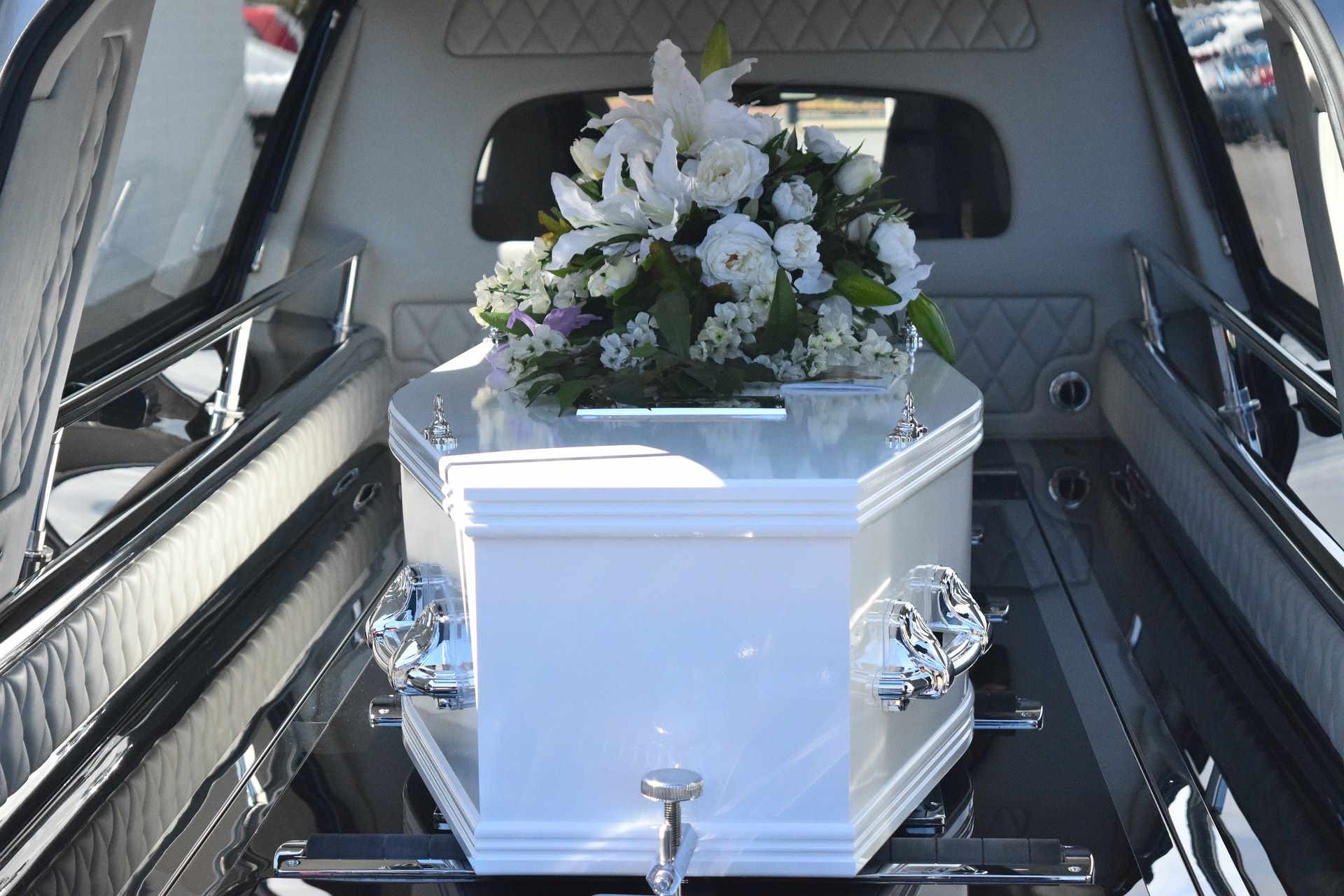Understanding Funerals: A Comprehensive Guide
Funerals are solemn ceremonies that mark the end of a person's life and provide an opportunity for loved ones to gather, remember, and pay their respects. This article explores the various aspects of funerals, including their purpose, planning process, and the role of funeral directors.

What is the purpose of a funeral?
A funeral serves multiple purposes for both the deceased and the living. It provides closure for family and friends, allowing them to say goodbye and begin the grieving process. Funerals also celebrate the life of the departed, sharing memories and honoring their legacy. Additionally, these ceremonies offer a support system for mourners, bringing people together during a difficult time.
Funerals can take many forms, reflecting cultural, religious, or personal preferences. Some may be traditional religious services, while others might be non-denominational or even celebratory “life celebrations.” Regardless of the format, the core purpose remains to acknowledge the loss and provide a meaningful way to remember the deceased.
How do funeral notices work?
Funeral notices, also known as obituaries or death announcements, play a crucial role in informing people about a person’s passing and the details of their funeral service. These notices typically include the deceased’s name, age, date of death, and information about the funeral or memorial service.
Traditionally, funeral notices were published in local newspapers. However, with the advent of digital media, many families now choose to share this information online through social media platforms, dedicated obituary websites, or funeral home websites. This broader reach allows friends and acquaintances from different parts of the world to be informed and potentially participate in the service, either in person or virtually.
When crafting a funeral notice, it’s important to consider what information to include. Besides the basic details, you may want to add a brief biography, list surviving family members, or mention any preferred charities for donations in lieu of flowers. Always check with the funeral director or local newspaper for guidelines on word count and formatting.
What role do funeral directors play in the process?
Funeral directors, also known as morticians or undertakers, are professionals who manage the logistics and details of funeral services. They play a crucial role in guiding families through the difficult process of arranging a funeral, offering both practical assistance and emotional support.
The responsibilities of funeral directors include:
-
Coordinating with the family to plan the funeral service
-
Preparing the deceased’s body for viewing or burial
-
Handling necessary paperwork, such as death certificates and burial permits
-
Arranging transportation for the deceased and mourners
-
Coordinating with cemeteries or crematoriums
-
Assisting with obituary writing and publication
-
Providing grief counseling resources to the family
Funeral directors often work closely with religious officials, florists, and other service providers to ensure all aspects of the funeral are properly managed. Their expertise helps alleviate some of the stress and burden on grieving families during a challenging time.
What are the key elements of planning a funeral?
Planning a funeral involves several important decisions and considerations. While funeral directors can guide you through the process, it’s helpful to understand the key elements:
-
Choose the type of service: Decide between a traditional funeral, memorial service, or celebration of life.
-
Select a venue: This could be a funeral home, place of worship, or another meaningful location.
-
Determine burial or cremation: Consider the deceased’s wishes and family preferences.
-
Plan the service details: Choose readings, music, eulogies, and any religious or cultural elements.
-
Decide on visitation or wake: Determine if you want a viewing before the funeral.
-
Arrange transportation: Coordinate vehicles for the deceased and family members.
-
Select a casket or urn: Choose based on budget and personal preferences.
-
Organize flowers and donations: Decide on floral arrangements and any charitable donations.
-
Create memorial items: Consider programs, memory books, or photo displays.
-
Notify friends and family: Use funeral notices to inform people about the service.
How much does a typical funeral cost?
The cost of a funeral can vary significantly depending on location, services chosen, and personal preferences. It’s important to understand the potential expenses involved in planning a funeral to make informed decisions.
| Service | Average Cost Range (GBP) |
|---|---|
| Basic Funeral Director Fees | £1,600 - £2,500 |
| Coffin or Casket | £250 - £4,000+ |
| Cremation Fees | £500 - £1,000 |
| Burial Plot | £750 - £5,000+ |
| Flowers | £50 - £300 |
| Order of Service Booklets | £50 - £150 |
| Catering for Wake | £300 - £1,000+ |
Prices, rates, or cost estimates mentioned in this article are based on the latest available information but may change over time. Independent research is advised before making financial decisions.
It’s worth noting that the total cost of a funeral in the UK can range from around £3,000 for a simple cremation to £10,000 or more for a more elaborate burial service. Many funeral directors offer package deals that can help manage costs, and there are also options for pre-paid funeral plans that allow individuals to pay for their funeral in advance, potentially saving money and reducing the financial burden on their families.
When planning a funeral, it’s advisable to obtain quotes from multiple funeral directors and carefully consider which services are essential. Some families choose to handle certain aspects themselves, such as creating memorial items or organizing the wake, to reduce costs while still creating a meaningful service.
In conclusion, funerals play a significant role in the grieving process and honoring the deceased. Understanding the various aspects involved, from funeral notices to the role of funeral directors and the associated costs, can help families navigate this challenging time with greater confidence and make decisions that best reflect their needs and wishes.




